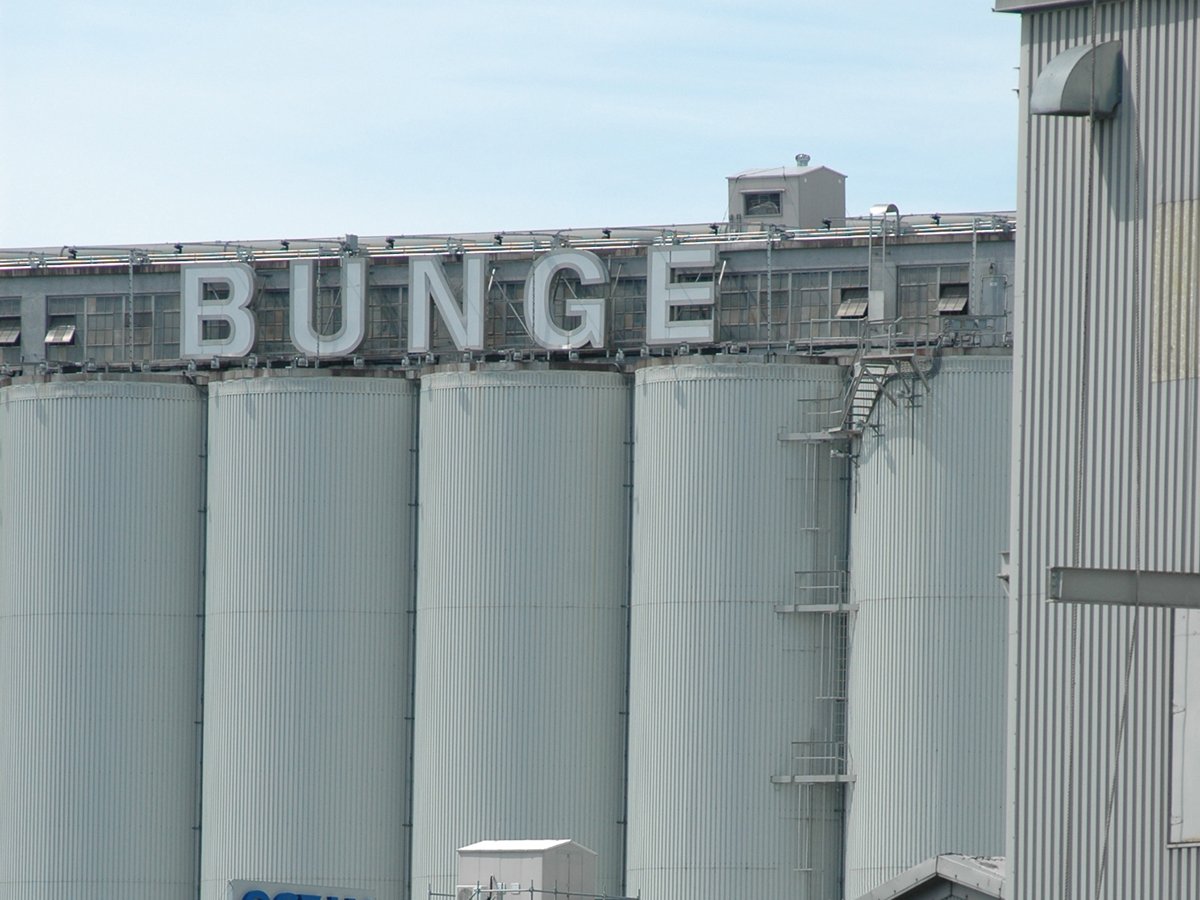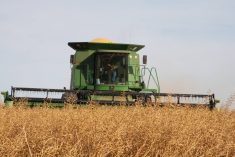Special rapporteur for the right to food asks for global co-operation but also says larger-scale farms are not part of the solution
The United Nations special rapporteur for the right to food said international co-operation is required to tackle the food crisis arising from the COVID-19 pandemic.
Michael Fakhri, a Canadian lawyer who teaches at the University of Oregon, told the standing committee on agriculture that he was appointed just as the pandemic began.
“For the last two-and-a-half years I have had a unique perspective on the food crisis,” he said during testimony on global food security.
He said the UN committee on world food security is the best place to develop an international plan for a crisis that was deepening even before the pandemic and the war in Ukraine.
Read Also

Bunge’s crop mix is changing
Bunge has predominantly been a soybean processing firm, but that’s about to change after the merger with Viterra with softseed processing and grain merchandising gaining ground.
Structural challenges such as rising debt in all countries, an international trade system that doesn’t meet real needs and increasing power concentration in food systems are contributing to the problem.
Fakhri said governments should continue pandemic relief measures and make them permanent.
However, some of his comments about farming methods sparked concern.
“In the long term, I recommend all countries transition their food systems through agroecology,” he said, referring to his report to the UN. “Agroecology is a practice based on science, on traditional knowledge and on social justice. It is a practice committed to mimicking ecological processes.”
Liberal MP Ryan Turnbull asked if the trend of “larger scale input-intensive agriculture with corporate concentration, rising input costs, decreasing farm incomes and rising debt, necessitating bigger is better, essentially, runs counter to a real solution for global food insecurity.”
Fakhri said yes.
He said there are ecological problems with fertilizers and genetically modified seeds and that fertilizers deplete nutrients from the soil.
Fakhri said small producers who use practices to enhance biodiversity and respect human rights are more resilient because they act as stewards of the land. And he suggested international co-ordination could stabilize prices.
Canada can play a leadership role, he said.
“To achieve food sovereignty, to put the power back into the hands of producers, consumers and everyday people, we need a resilient system that supports the small producers, the family farms, and puts power back in their hands,” Fakhri said. “Seeds should not be corporate owned, seeds are life.”
In an interview, Conservative MP John Barlow said he found Fakhri’s testimony to be “infuriating.”
He said 95 percent of Canadian farms are family-owned and operated and Fakhri’s notions are misguided and show that he doesn’t understand modern agriculture.
“If he thinks we’re going to feed Canadians and help feed the world with everybody having a five-acre garden I’m not sure how he thinks that’s going to work when you talk about economies of scale,” Barlow said.
Regina Conservative MP Warren Steinley asked another committee witness, Dave Carey from the Canadian Canola Growers Association, if the agricultural soil in Canada is in better health now than 20 years ago.
“Absolutely. There’s just no question about it,” Carey replied.
Steinley said the idea of portraying Canadian agriculture as corporate farms is unhelpful to the larger discussion.
“I just want to get on the record that I think our agriculture producers are doing an amazing job and anyone who wants to talk them down I think they’re heading in the wrong direction,” he said.
He also said that agricultural emissions are eight percent of the Canadian total compared to 26 percent in other countries.
Carey noted that the eight-percent figure has remained stable for the last 20 years while output has increased 50 percent.
“I agree with you that we’re on the right track out here,” he said to Steinley.
Carey, during his testimony, outlined five factors that would position Canadian farmers to intensify production in a more sustainable way: increased transparency and confidence in railways and the transportation system; emission reductions based on intensity and voluntary reductions in fertilizer emissions; a more timely crop protection regulatory system; plant breeding innovation through transparent and predictable guidance from the Canadian Food Inspection Agency; and working capital.
















